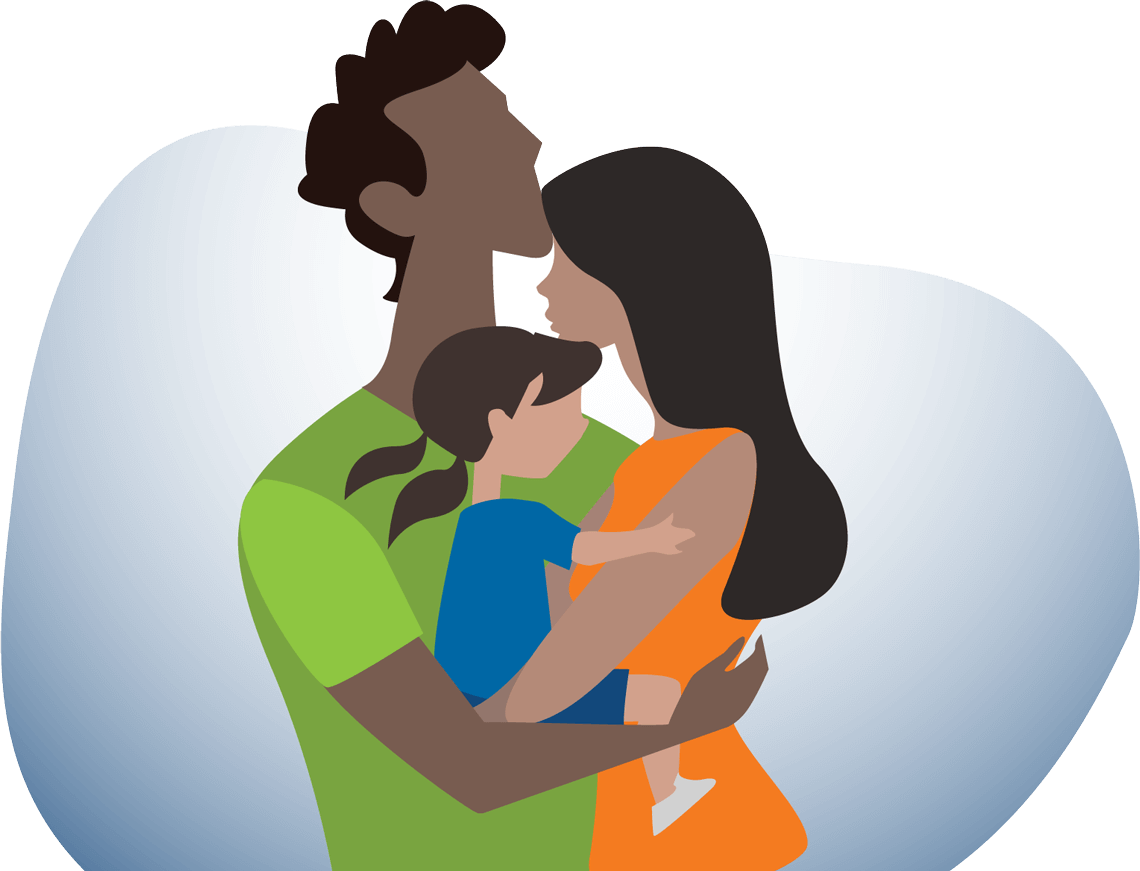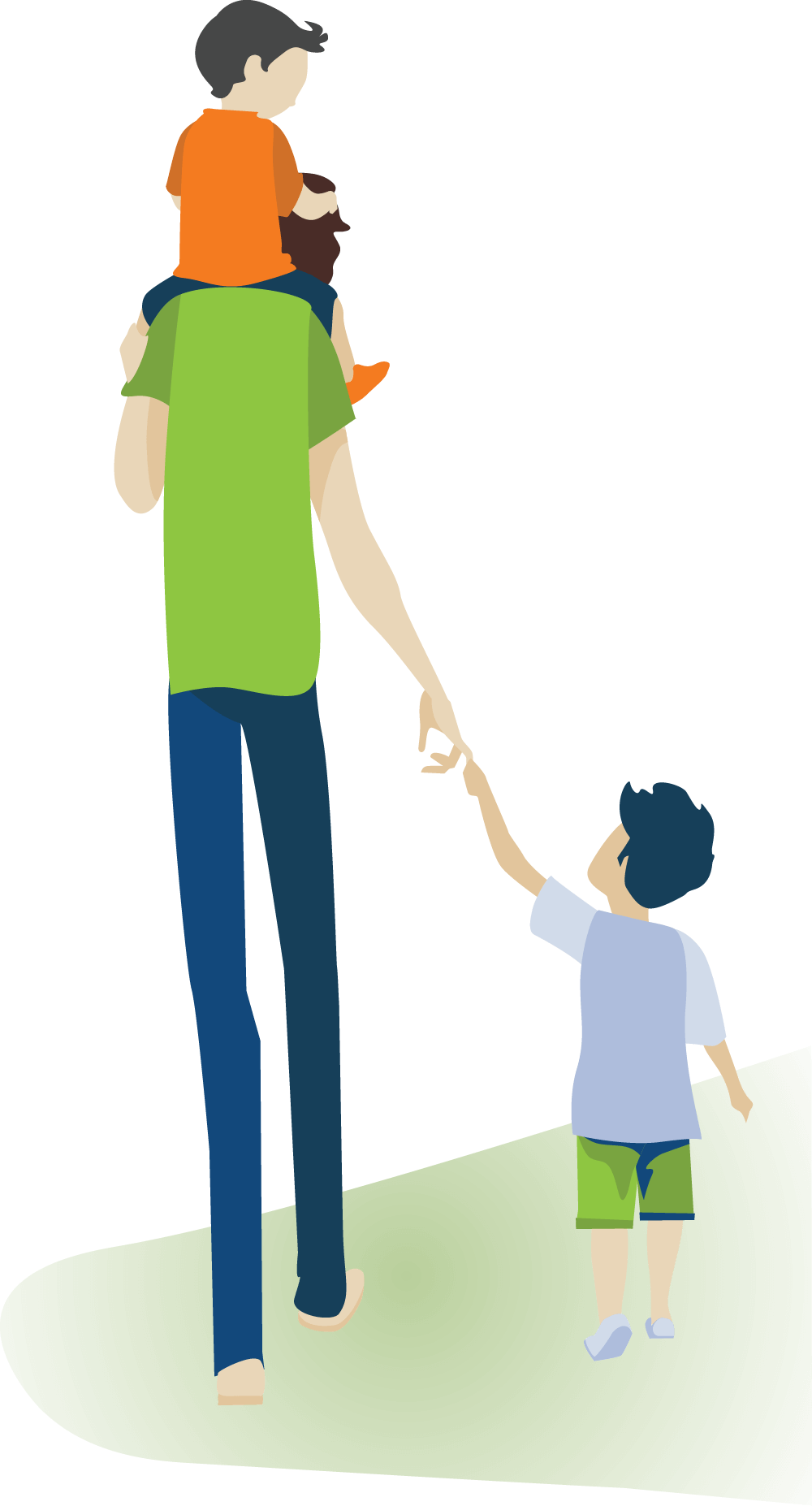Children of this age don’t understand death well, do not have words for feelings, are aware of the absence of a loved one and notice changes in routine and in family emotions. He/she may feel longing; missing the contact, sounds, smell and sight of a loved one; anxiety and fear of abandonment. Possible behaviors are crying, sickliness, indigestion, thrashing, rocking, throwing, sucking, biting and sleeplessness. How to help: physical contact, cuddling and reassurance; maintain routines; meet immediate physical needs; include the child in the mourning process when possible; and be gentle and patient.
Children of this age see death as reversible. You may need to regularly repeat the conversation about the death for them to begin to understand. The distinction between any accident and a tragic accident may not be understood. Attention to the child’s questions, with repeated simple and consistent messages, should increase their comprehension. How to help: allow the child to regress; give physical contact; encourage children to play and have fun; allow safe ways to express feelings; maintain structure and routines; let the child cry; include child in family rituals and mourning.
Children of this age will require a more detailed explanation of the death. For example, describing the differences between routine illness and terminal illness may be important. Sharing your emotions with children this age may be helpful for them to identify and express their own feelings. Adults should also reassure children they do not bear any responsibility for the death.
Explaining the death and helping preteens and teenagers understand emotions is important. Many adults assume teenagers will take care of themselves. Adult support is necessary to allow teenagers to discuss any anger, guilt or responsibility they may feel. While working with teenagers it is very helpful to use the skills of a counselor in communicating details of a traumatic death.












